Over the years, various foods that were once staples in American kitchens have been banned or are no longer allowed to be sold due to health, environmental, or ethical reasons. Here’s a list of 18 such items, detailing why they’ve been pulled off the market. Do you remember any of these?
#1. Trans Fats
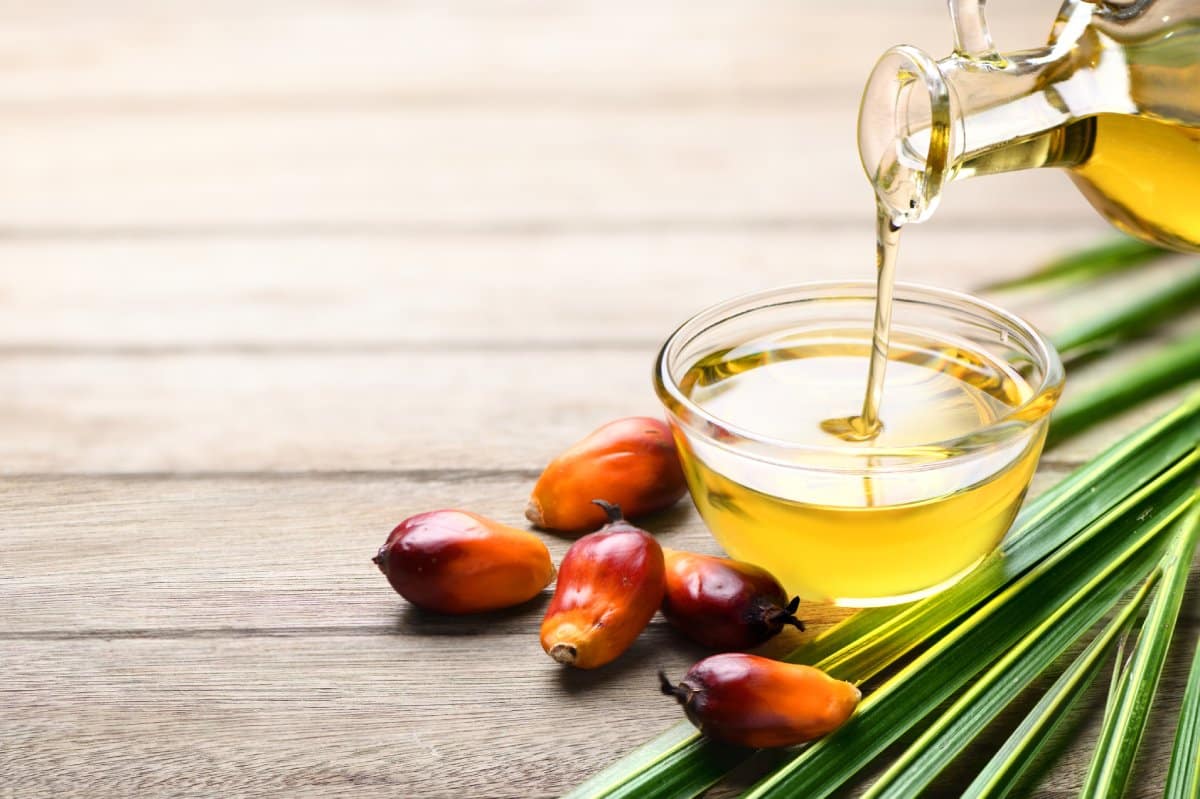
Partially hydrogenated oils, commonly known as trans fats, were once a common ingredient in baked goods and fried foods. Banned by the FDA in 2018, trans fats are linked to an increased risk of heart disease.
#2. Kinder Surprise Eggs
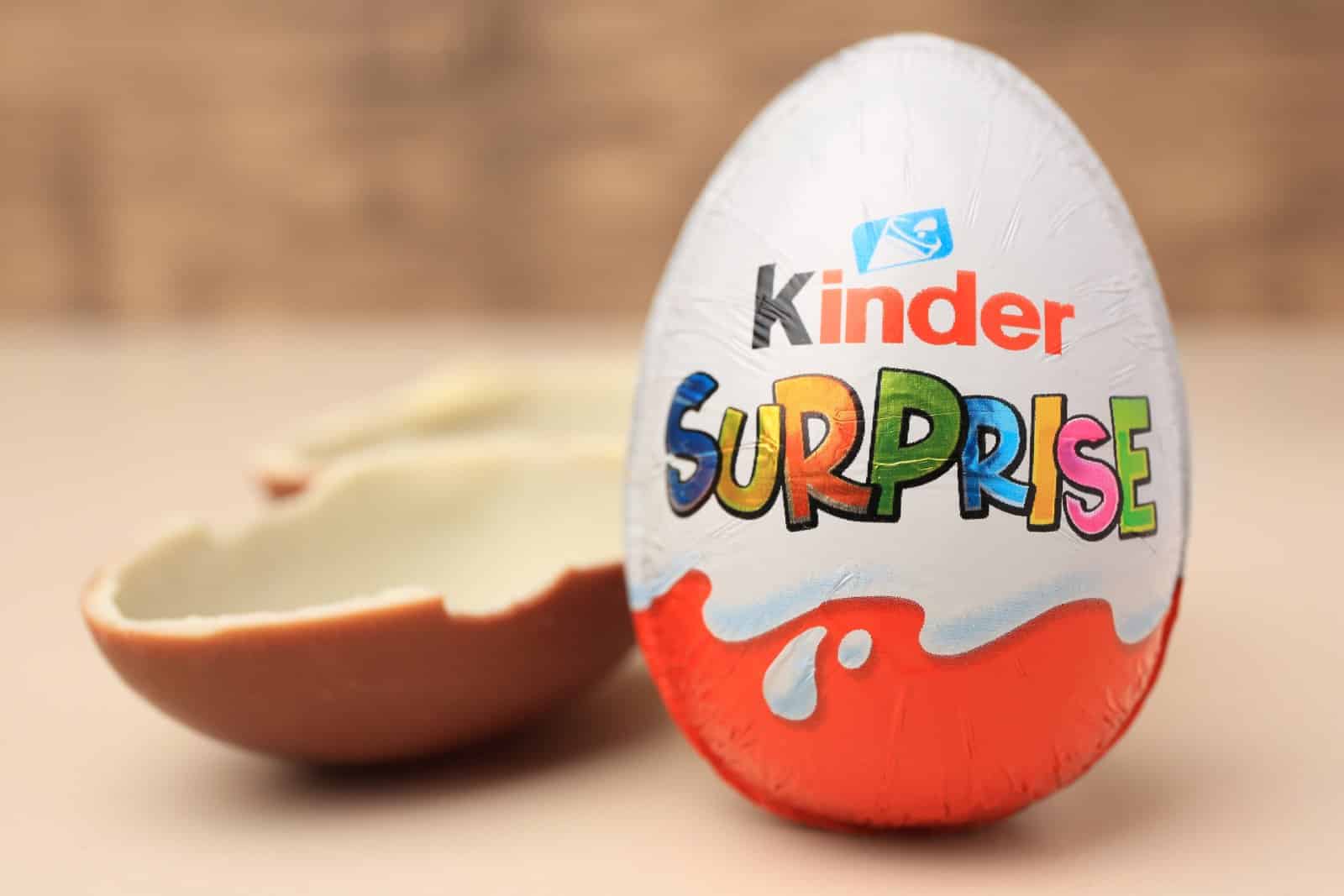
These popular chocolate eggs contain a non-edible toy inside, which led the FDA to ban them in the U.S. due to a potential choking hazard.
#3. Shark Fins
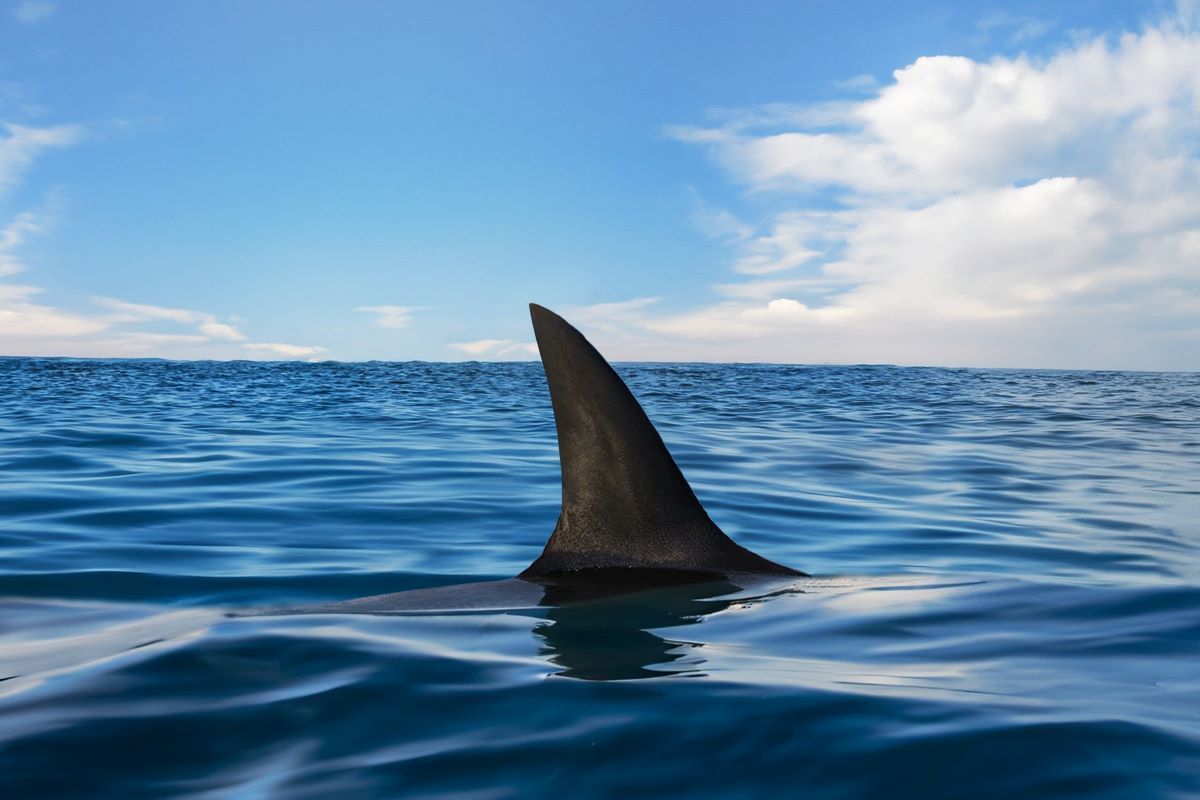
Shark finning is a brutal practice that involves removing the fins from sharks and discarding the rest of the animal. It’s now banned in 12 U.S. states to protect shark populations and prevent cruelty.
#4. Horse Meat
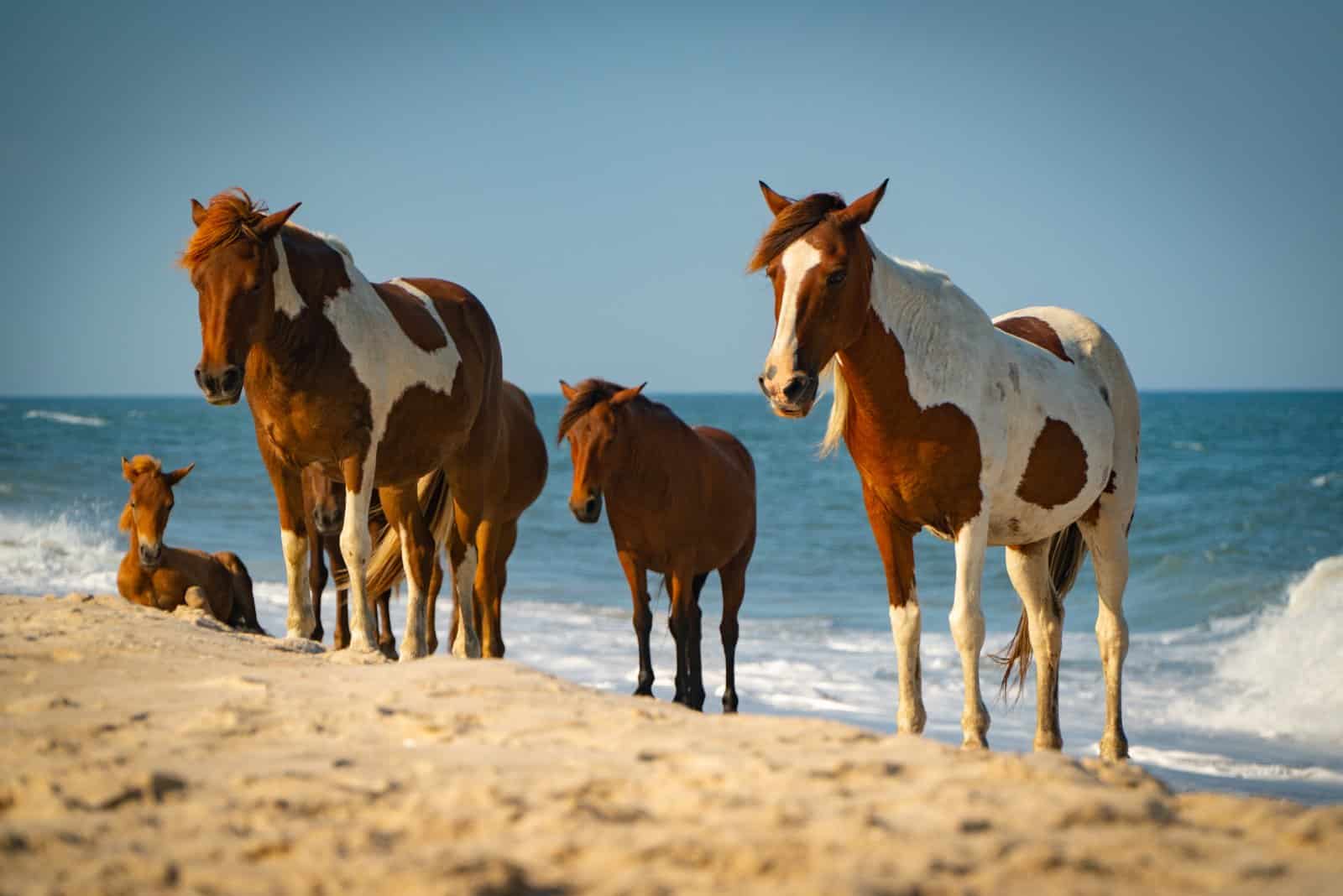
While not specifically banned, the slaughter of horses for meat is effectively illegal in the U.S. due to a lack of funding for required inspections of the meat.
#5. Ortolan

This small French bird was once considered a delicacy, consumed whole after being drowned in brandy. It’s now banned due to ethical concerns and the bird’s endangered status.
#6. Sassafras Oil
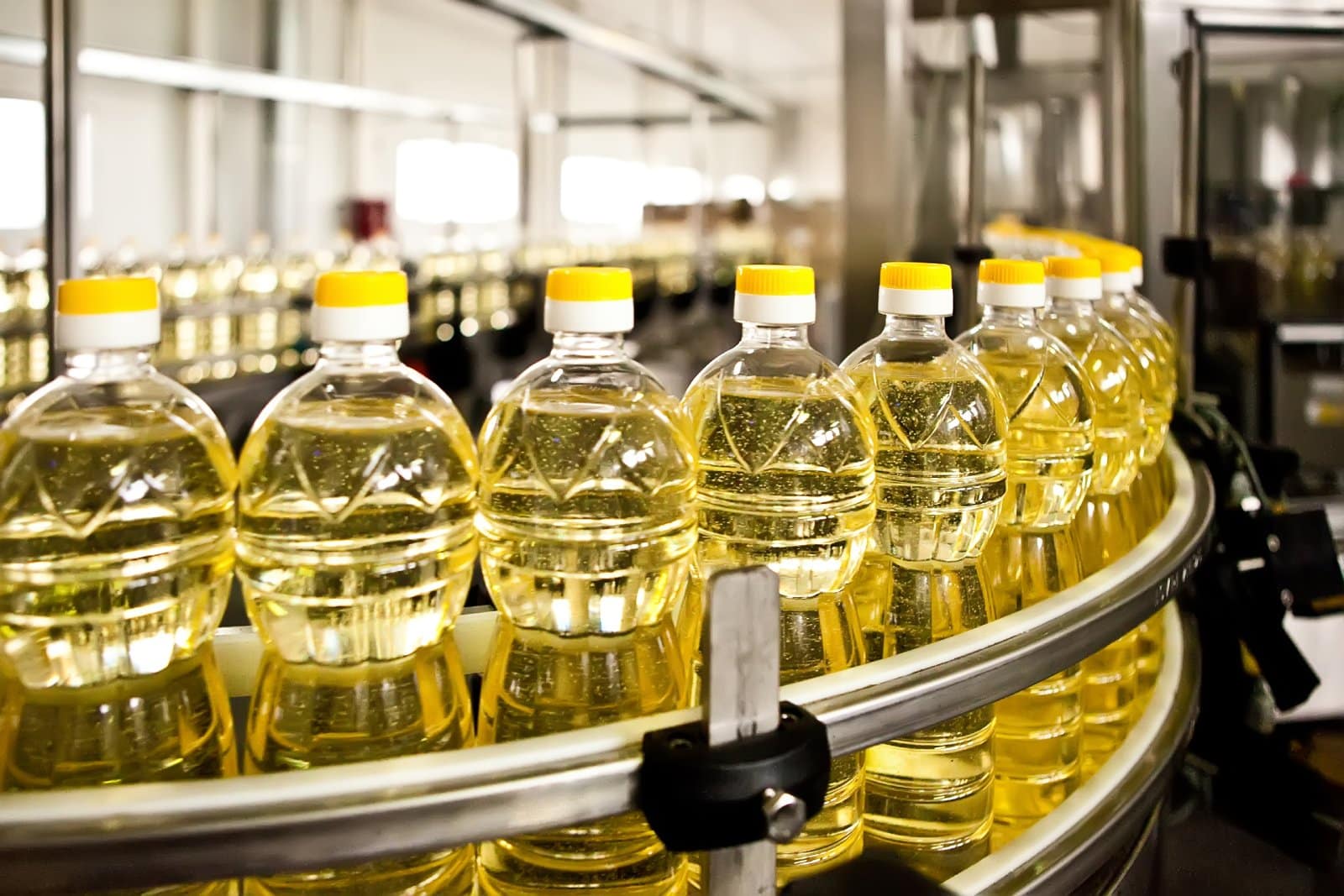
Formerly used in teas and the original root beer, sassafras oil contains safrole, which the FDA banned for consumption due to its carcinogenic properties.
#7. Absinthe
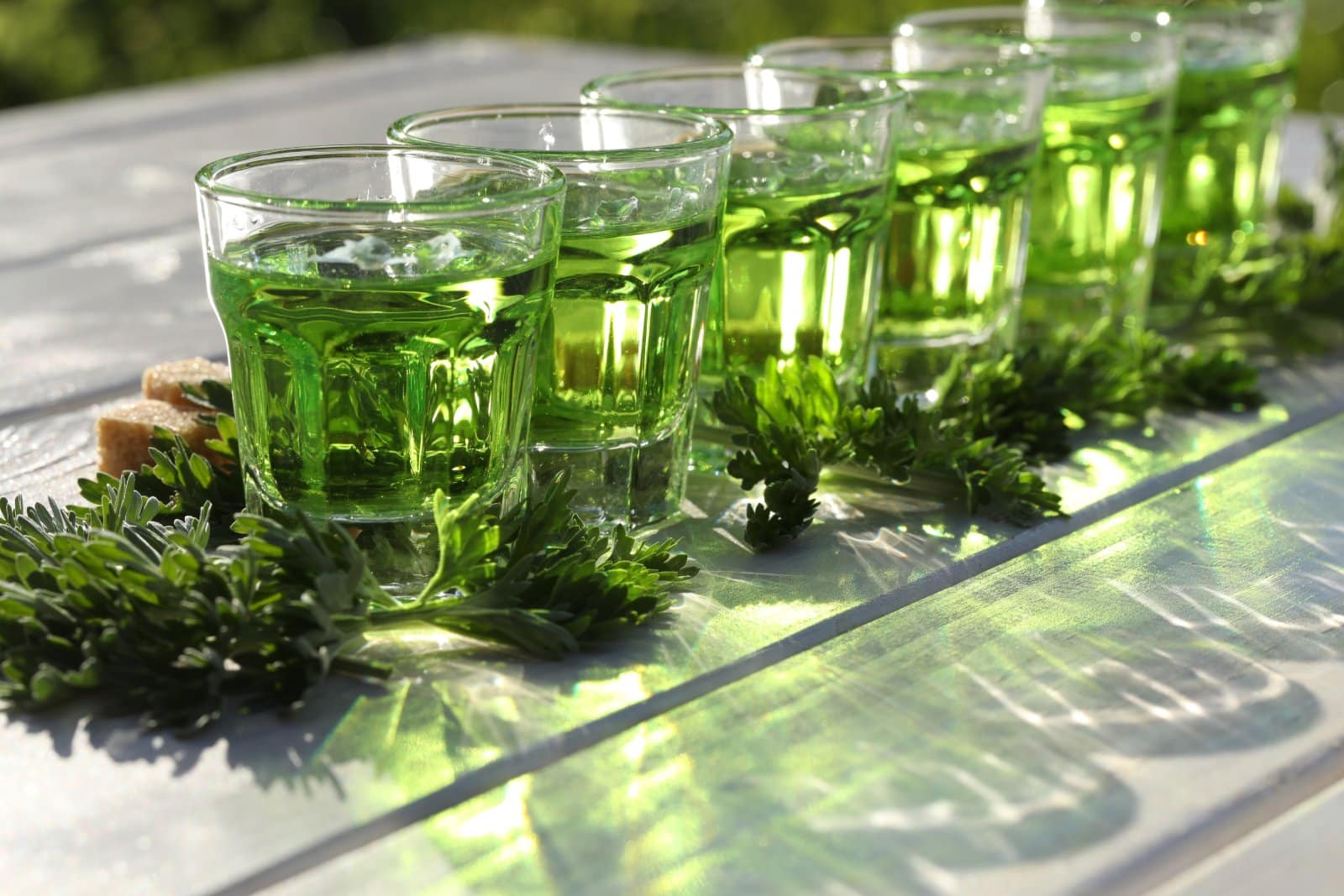
Traditionally made with thujone, a chemical compound found in several toxic plants, absinthe was banned in the U.S. in 1912. It’s been legal since 2007, but only when thujone-free.
#8. Quaaludes

Originally used as sleeping pills, Quaaludes became popular for their high. The U.S. banned them in 1984 due to high potential for addiction and abuse.
#9. Cyclamate

This artificial sweetener was banned in the U.S. in 1969 due to suspicions of it being a carcinogen, though it remains available in some other countries.
#10. Fugu (Japanese Blowfish)
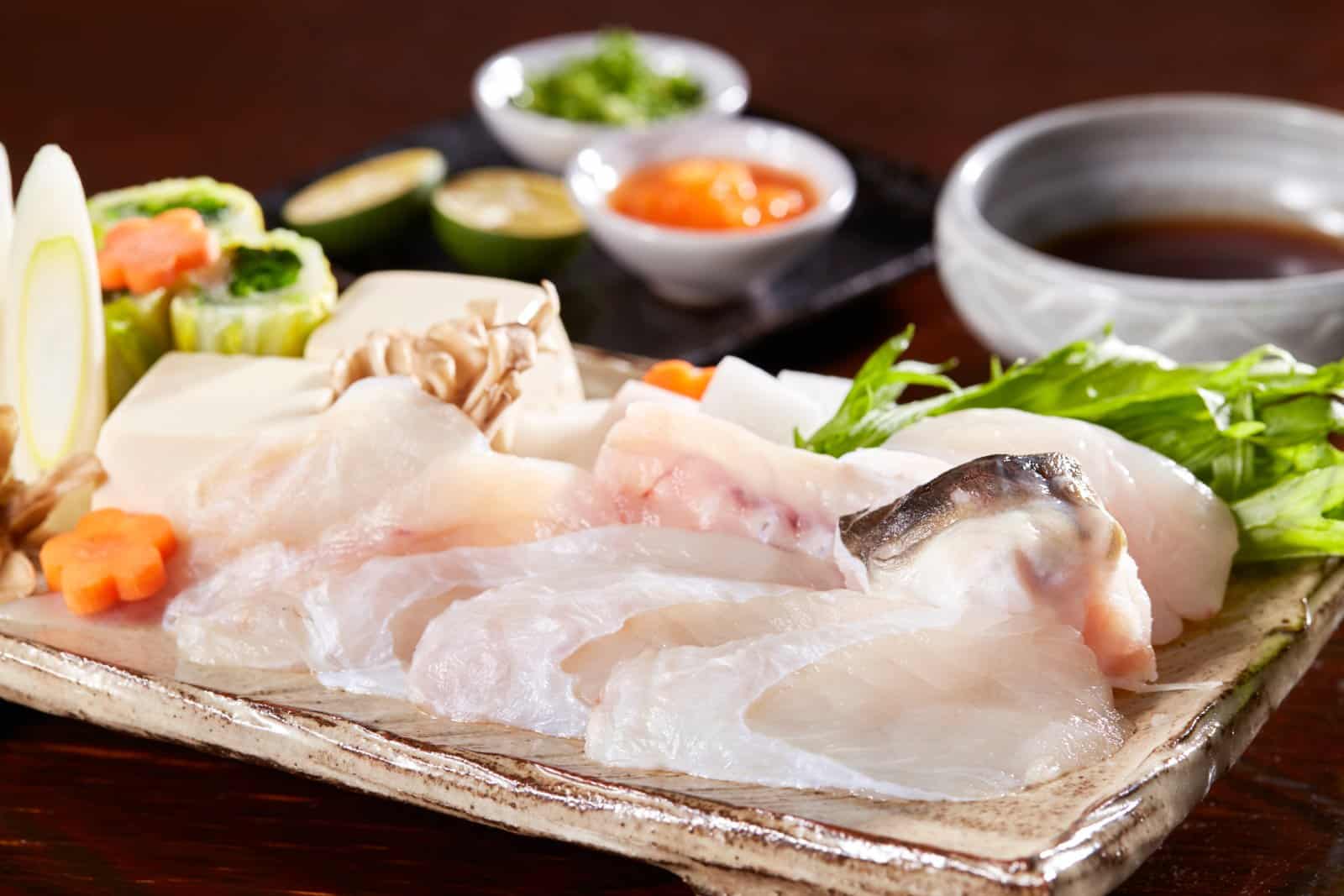
Fugu can be deadly if not properly prepared due to its tetrodotoxin content. In the U.S., only a few licensed chefs can legally prepare and sell this dish.
#11. Ackee Fruit
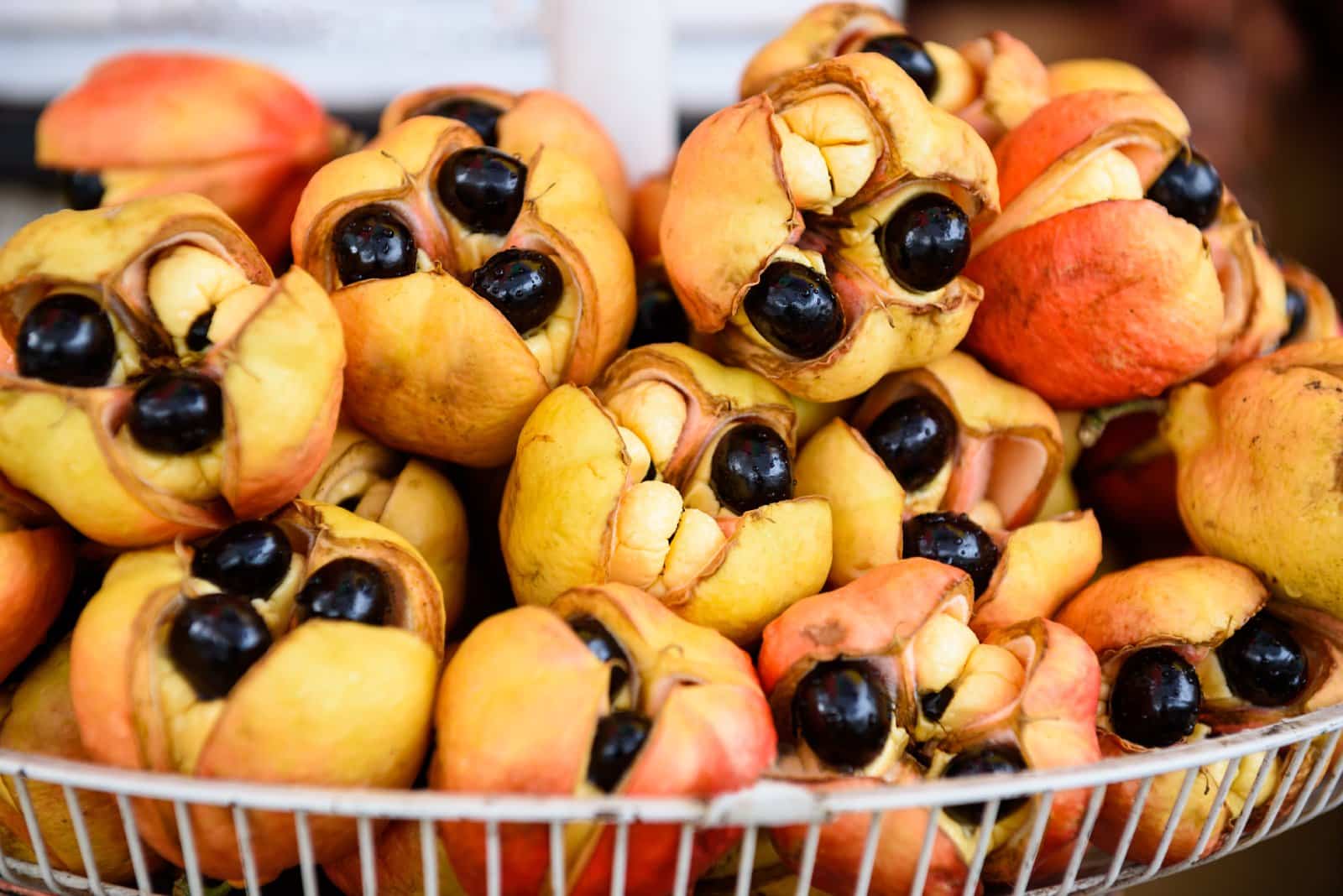
Unripe ackee fruit contains toxins that can cause severe sickness, and as such, the FDA bans all but the perfectly ripened fruit from import.
#12. Brominated Vegetable Oil

Used in some sodas and sports drinks, it’s banned in foods due to health concerns, including links to organ damage and other serious health effects.
#13. Red Dye No. 3

After studies in the early ’90s suggested that high doses could cause cancer in animals, the FDA banned this food dye from cosmetics and externally applied drugs but not from food.
#14. Bha and Bht
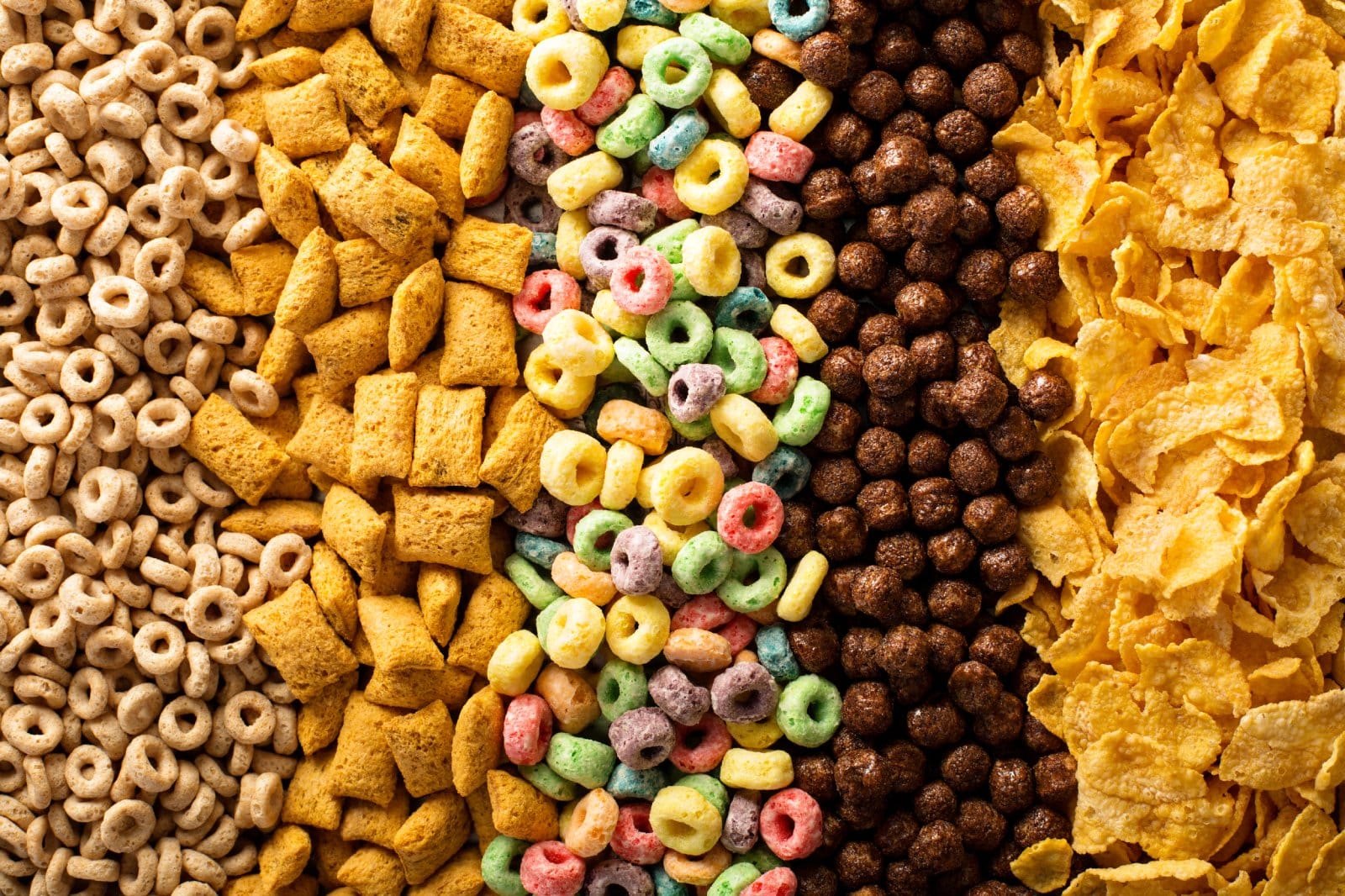
These preservatives are banned in infant foods in the U.S. due to possible cancer risks and are completely banned in some countries.
#15. Olestra
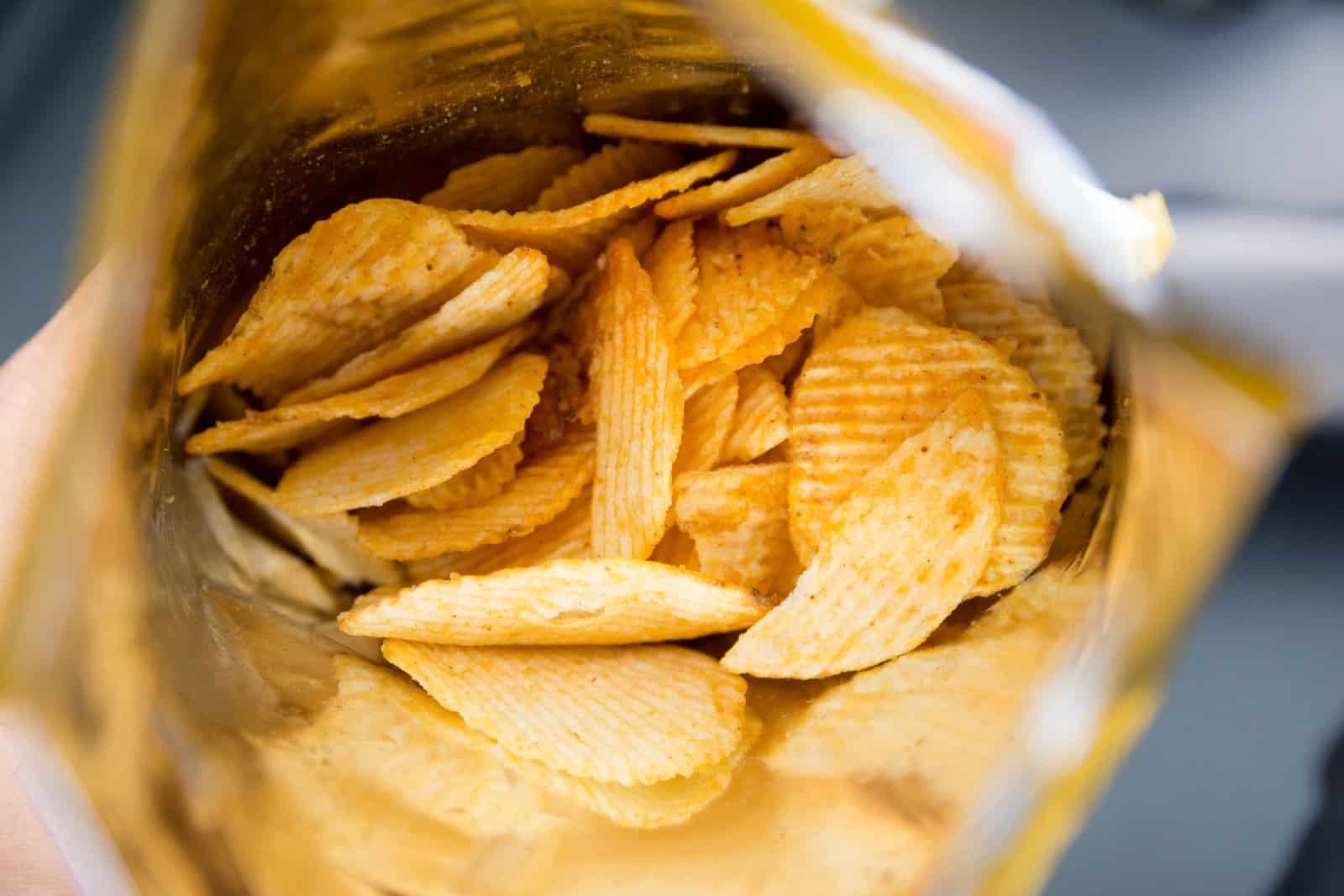
Olestra, a fat substitute used in snacks, was notorious for causing digestive issues and was subsequently banned in Canada and the European Union. Its use has declined significantly in the U.S.
#16. Pig’s Blood Cake
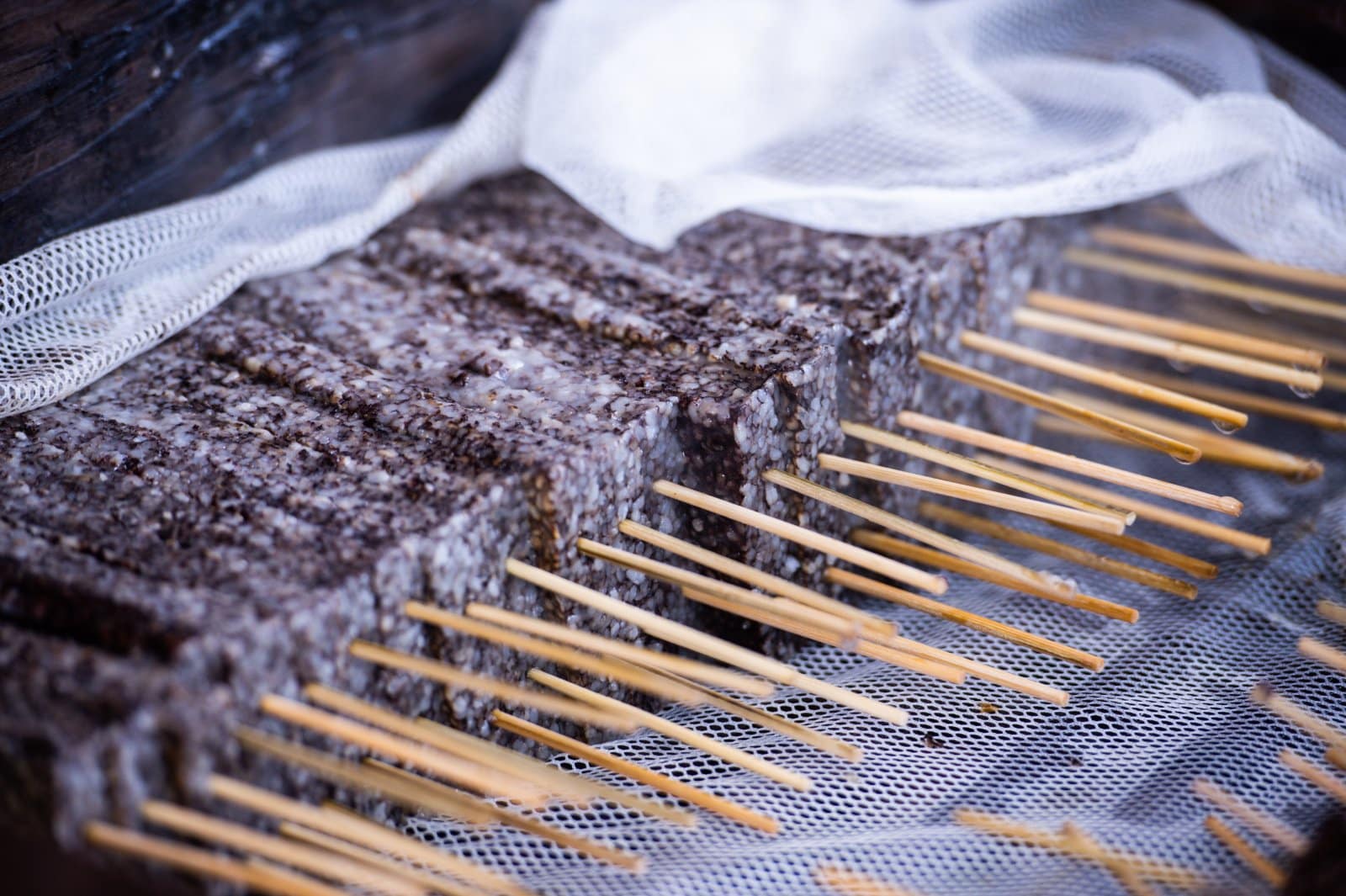
Popular in Taiwan, this snack made from pig’s blood and rice is banned in the U.S. due to sanitary concerns.
#17. Beluga Caviar
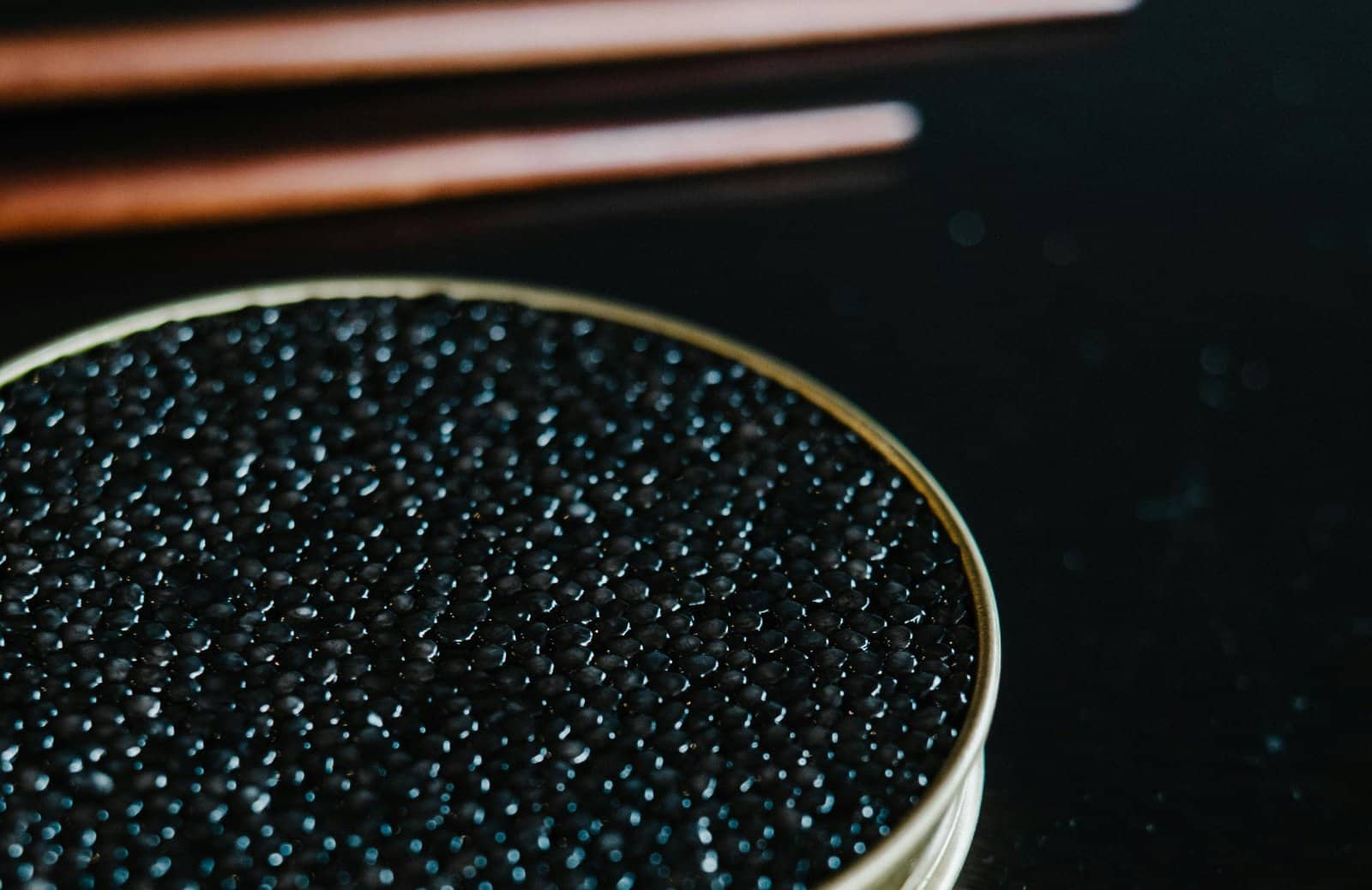
Importation of this caviar to the U.S. has been banned since 2005 due to the near extinction of the beluga sturgeon.
#18. Casu Marzu
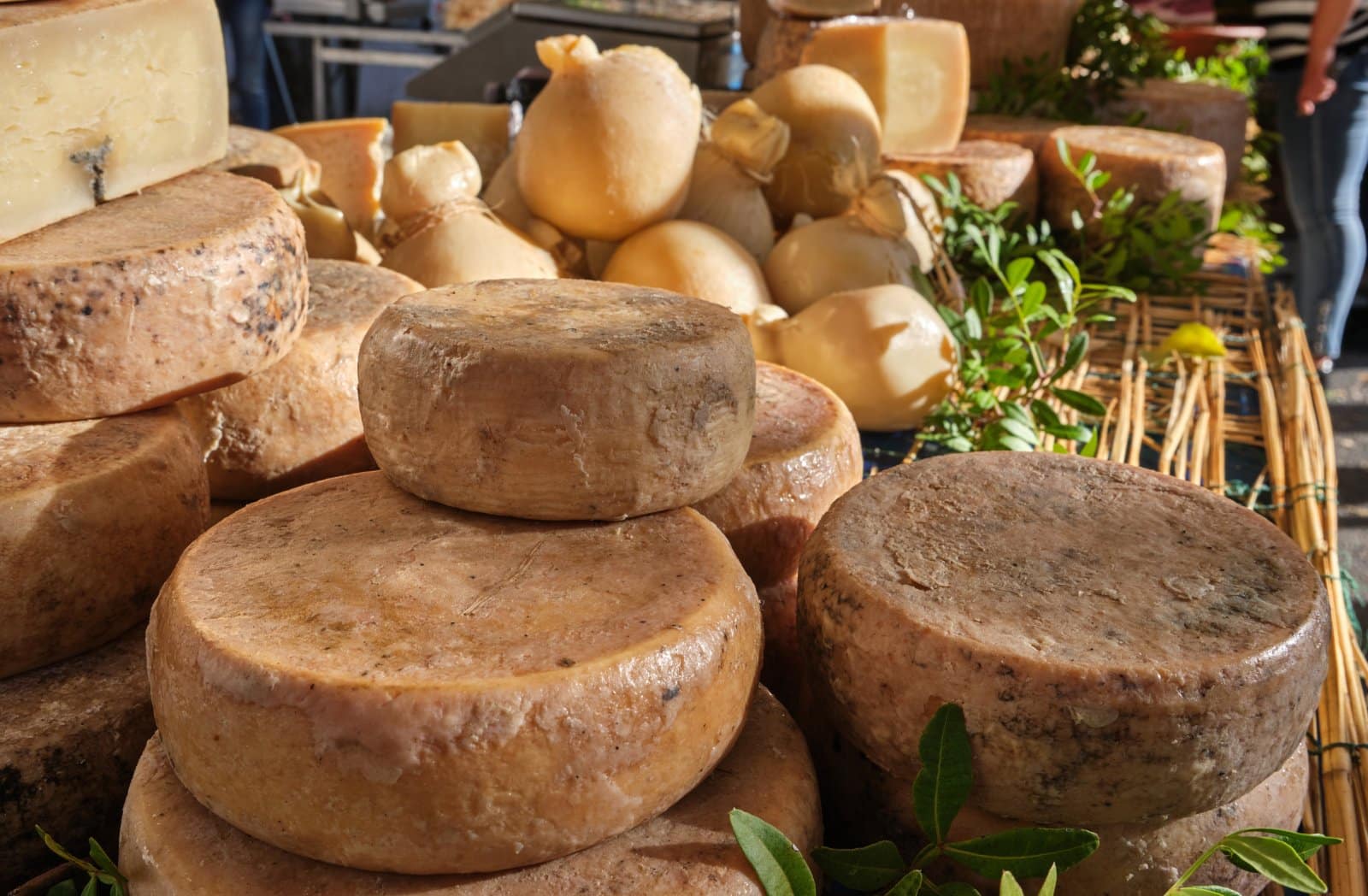
This Sardinian cheese is famous for containing live insect larvae. It’s banned in the U.S. due to obvious health concerns.
Banned!

These foods illustrate the ongoing evolution of dietary laws and regulations, reflecting changes in societal values, scientific understanding, and concern for public health and ethics.
23 Steep Taxes Adding to California Residents’ Burden

California: a place of sunshine, innovation, and, unfortunately, some of the nation’s highest taxes. From LA’s beaches to Silicon Valley’s tech hubs, residents grapple with a maze of state taxes. Here’s a glance at 23 taxes that might surprise both Californians and outsiders. 23 Steep Taxes Adding to California Residents’ Burden
Cash in on Nostalgia: 21 Toys Now Worth a Fortune

Time to dust off the boxes and find that once-cherished toy from your childhood. For collectors and enthusiasts, they items have become valued objects and they can be worth big bucks – are there any of these in your attic? Cash in on Nostalgia: 21 Toys Now Worth a Fortune
Millennials Don’t Buy These 19 Products Anymore

Millennials are changing consumer habits, quietly replacing once-staple products and traditions. Often criticized for their disruptive preferences, this generation is reshaping the marketplace with digital expertise, ethical buying, and a taste for the unconventional. Millennials Don’t Buy These 19 Products Anymore
Featured Image Credit: Shutterstock / Marina Tachinska.
The content of this article is for informational purposes only and does not constitute or replace professional financial advice.
For transparency, this content was partly developed with AI assistance and carefully curated by an experienced editor to be informative and ensure accuracy.

